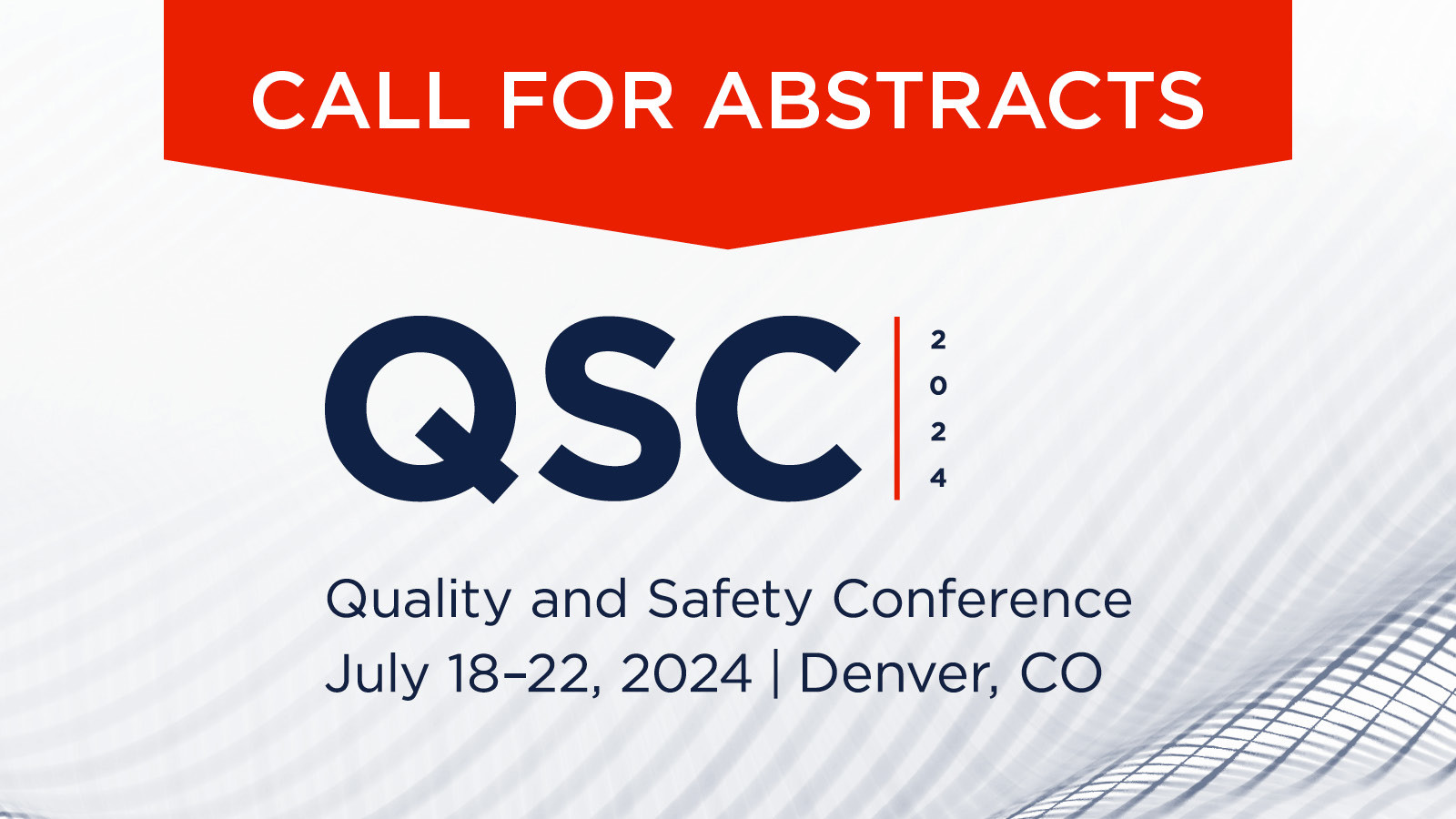Time is running out to submit abstracts for the 2024 Quality and Safety Conference. The deadline is Thursday, February 29.
Authors are encouraged to submit a 250-word abstract for poster and/or podium presentation. The abstract should relate to surgical quality improvement initiatives, including the development, implementation, or validation of best practices. Data may come from a nationally recognized surgical quality registry sponsored by a surgical society. Operational best practices relating to data collection and reporting are also of interest. There is no limit on the number of abstracts per author.
Note that abstracts that have been submitted or recently presented at other meetings are eligible for presentation at the ACS Quality and Safety Conference.
The Quality and Safety Conference also offers relevant sessions that will be of interest to Cancer Programs constituents, including:
- How to Improve Timely Care: The PROMPT Toolkit: Timely care is just one component of providing a high-quality patient experience. This session will review results from the recently completely NAPBC PROMPT quality collaborative, including an in depth look at root causes of time delays, interventions that successfully improved timely care, and barriers that programs face when trying to improve timely care. Attendees will learn about tools and tactics to improve timely care based on contemporary real-world experience.
- Practical Strategies to Support Implementation of Operative Standards: This session will focus on practical strategies to support successful implementation of operative standards. Specifically, the session will review implementation science principles and methodology, creation of an auditing mechanism using real-time data to improve performance, participation in CoC National Quality Improvement projects, and approaches to address non-compliance identified at a site visit.
- Adopt, Adapt, or Abandon: Implementation Strategy Preferences Among Programs Working on a National Quality Initiative: This session will highlight implementation strategies of more than 700 programs working together on a National Quality Improvement Initiative to assist patients in smoking cessation efforts. Implementation pathways, and the likelihood of programs adapting and adopting versus abandoning certain strategies, will be discussed.

